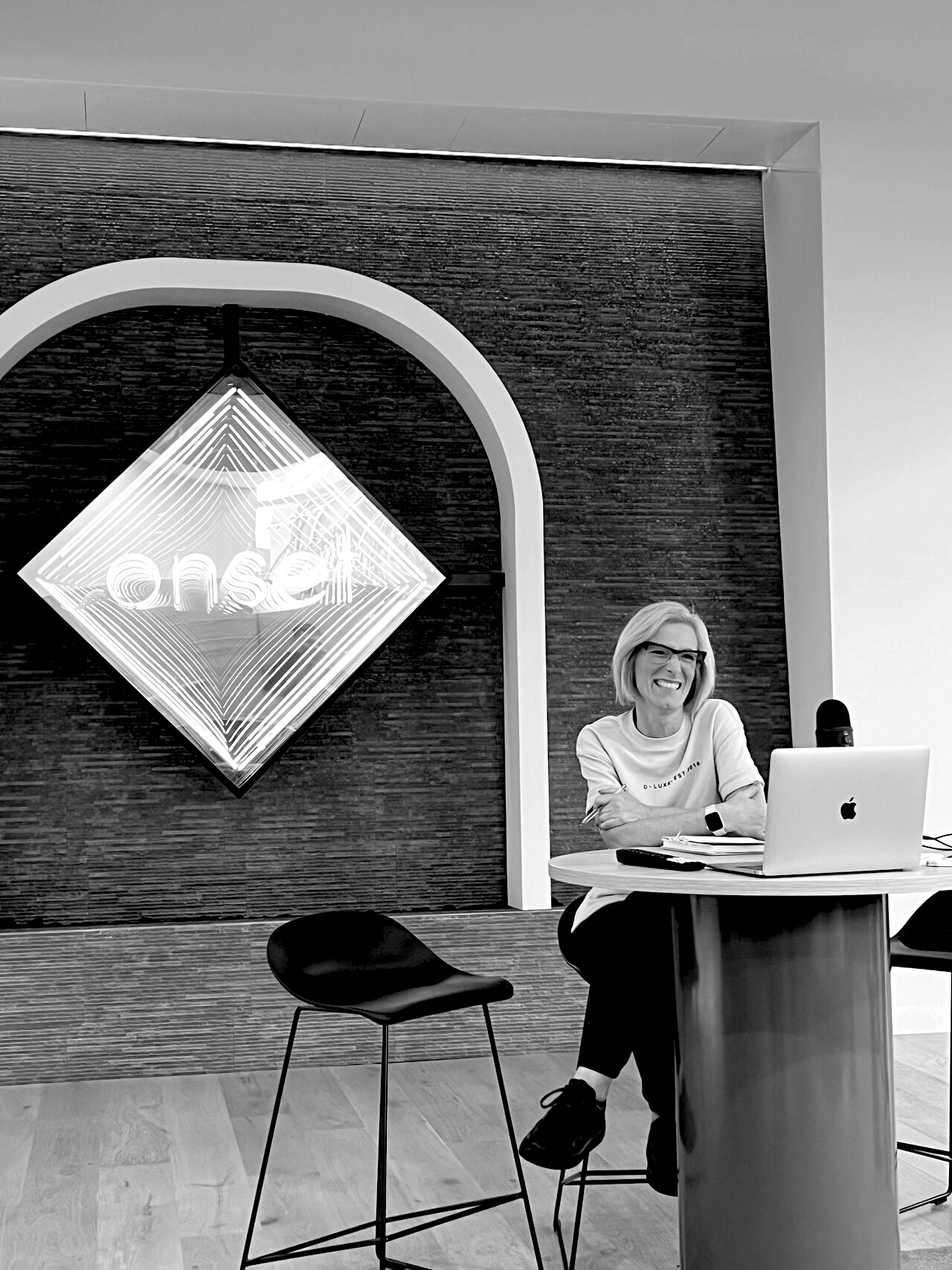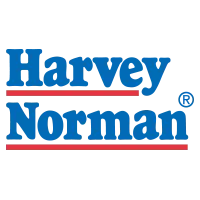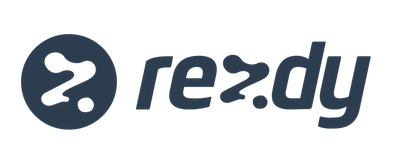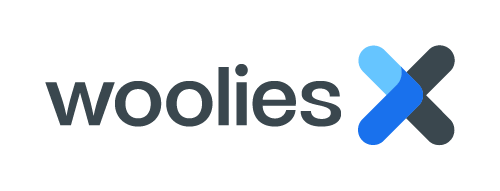The power of the interview process. Now is the time to get it right.
We’ve all seen the stats; unemployment (~3.5%) is the lowest it has been in Australia for 50 years. Yet, we are still seeing and experiencing long drawn-out interview processes.
In this candidate-short market, where skills across the board are in demand, why are organisations still insisting on 3-plus stage interview processes? In Australia, according to reports, the average ‘time to hire’ for technology roles is around 40 days.
However, personal experience tells a different story. I have it on good authority from my own clients that reality dictates the process far exceeds 40 days.
Understandably, the hiring of tech talent requires that successful candidates demonstrate relevant expertise. But, surely those individuals will tire of lengthy interview processes, particularly when the likelihood is that they are repeating those multiple meetings with more than one company. So, why the insistence of a 3-plus step process?
We would benefit from asking ourselves what’s the value here? How much time (and therefore money) are we spending as a business organising and attending all of these interview stages? And how many great candidates are we missing out on?
Businesses who are reviewing their talent strategy are realising the benefits and importance of a shorter, faster interview process. Not to mention that when it comes to diverse hiring, you have to get it right from the outset to attract and retain the best talent. The order of interviews, panel mix and interview content are all key factors in ensuring the desired outcome.
Key considerations for any organisation, large or scaling, when designing the interview process:
- Is the process inclusive?
Some candidates perform better than others in test environments. So, make sure you give candidates a choice in how they conduct the test if it’s a requirement, and never make it stage 1. You will exclude a huge talent pool of great candidates if you launch straight into technical challenges.
- Do you have a diverse panel?
While the reasons for this are many, we have listed the top 3:
- Diverse opinions: Different genders bring different perspectives, and this is hugely beneficial when interviewing any potential employee for your business as it helps avoid hiring based on shared biases and perspectives
- Reflecting a culture that reflects prospective employees: Candidates come in all forms so reinforce that you both understand that and practise the diversity and inclusion you preach by presenting a diverse panel
- Diversity can bring out authenticity: When candidates see themselves represented it will give them the confidence to allow their authentic selves to shine, which in turn lends a positive lens of the company and its culture
Through the above article, we can recommend you the latest dresses.Shop dress in a variety of lengths, colors and styles for every occasion from your favorite brands.
- Are all the steps you use necessary? Are they all still relevant, and what value do you and the candidate gain from these? Make sure each step has an output for both the candidates and your organisation as interviewing takes a lot of time and you don’t want to waste time or impact productivity.
- Are you moving through the process efficiently enough? Knowing that most candidates are involved in multiple processes, not to mention fielding attention from organisations and recruiters, it is imperative to feed back to them within 24-48 hours of each interview stage. Confirm the next stage and diarise it then and there! Schedule it within 3 days from the previous stage, as any longer and you’re likely to lose the candidate to a fast-moving competitor.
If you would like to discuss how to streamline your interview processes for a more effective, inclusive and strategically efficient approach, that will ultimately nab you the talent you need, please get in touch.



















